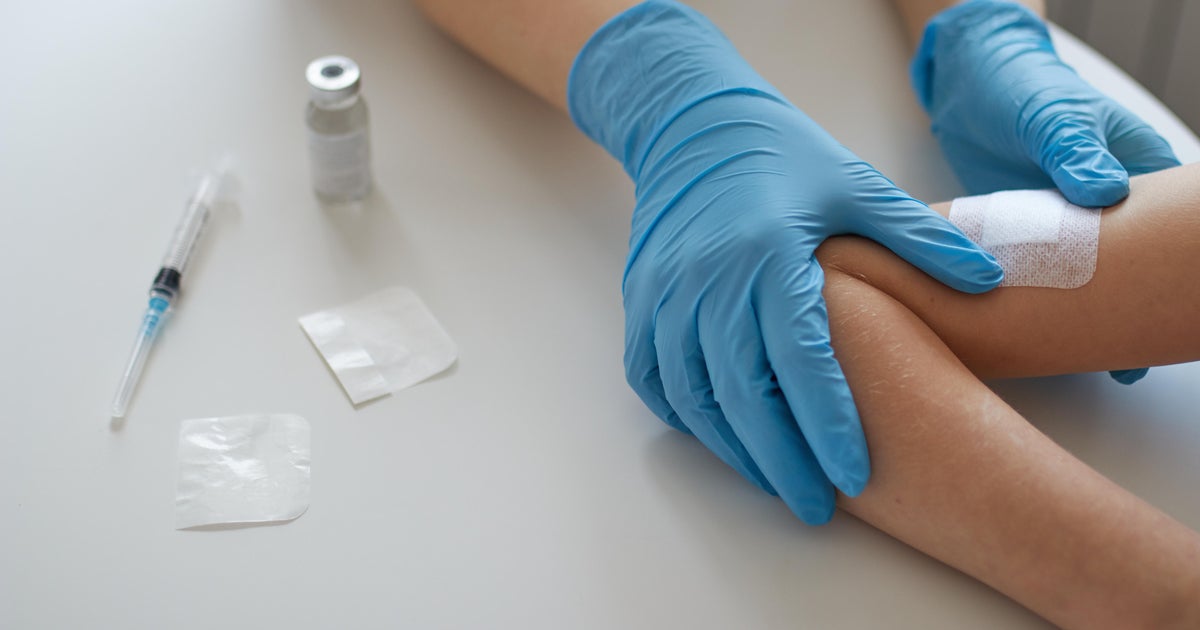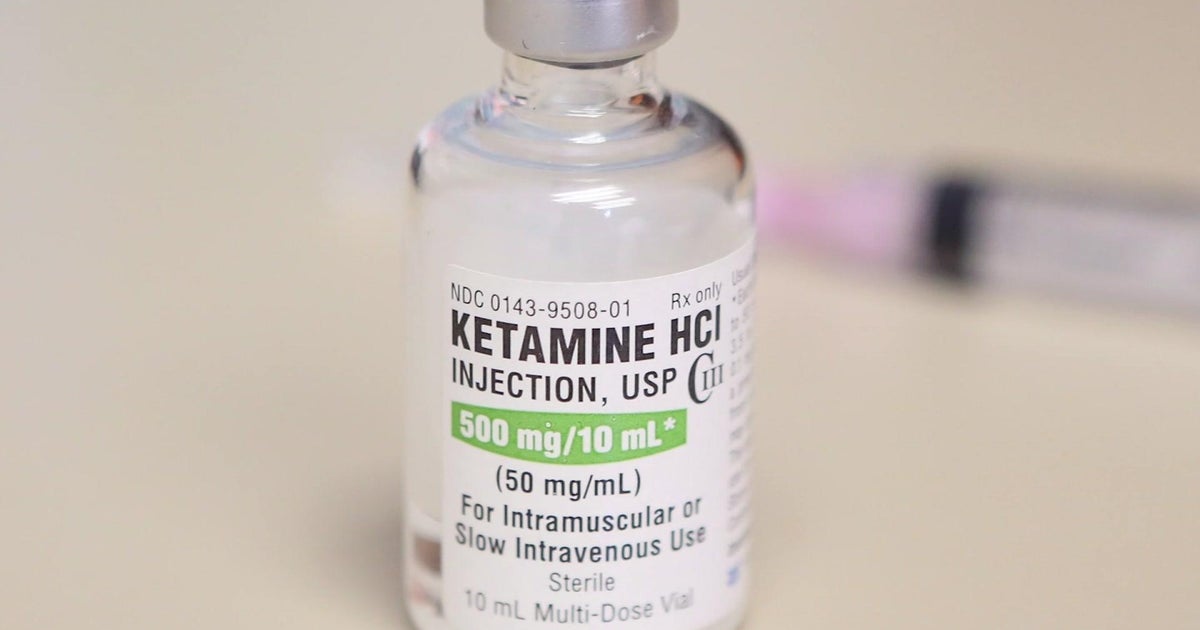OTC children's painkillers in high demand with respiratory illnesses on the rise
PITTSBURGH (CNN/CBS) -- With all but six states experiencing "high" or "very high" respiratory virus levels, according to the US Centers for Disease Control and Prevention, certain over-the-counter children's medications are hard to find in many places across the United States.
The availability of children's painkillers first started dropping in June. After some recovery in early fall, it started to dip again in November, according to market research firm Nielsen IQ, which tracks point of sale data from retailers.
The US Food and Drug Administration said it is closely working with drug manufacturers to assess the situation.
"The FDA recognizes the potential impact that reduced availability of certain products may have on health care providers and patients. While the agency does not manufacturer drugs and cannot require a pharmaceutical company to make a drug, make more of a drug, or change the distribution of a drug, the public should rest assured the FDA is working closely with numerous manufacturers and others in the supply chain to understand, mitigate and prevent or reduce the impact of intermittent or reduced availability of certain products. The FDA understands that manufacturers expect availability to continue to increase in the near future," the agency said.
According to Seattle Children's Hospital, the continuing surge of respiratory illnesses has affected liquid acetaminophen and ibuprofen, which are commonly given to children.
"We are actively implementing mitigation strategies for the shortages of these fever reducing medications," said Emily Benefield, manager of pharmacy clinical programs at Seattle Children's.
A Kroger spokesperson told CNN its pharmacy team is working "diligently to ensure our customers have the medications they need. At this time, our inventory of children's acetaminophen and ibuprofen are constrained. We continue to work daily to manage through the constraints."
Johnson & Johnson says it's seeing high demand for its pain relief products and is working to maximize production capacity.
"We are doing everything we can to make sure people have access to the products they need, including maximizing our production capacity, and running our sites 24 hours a day, 7 days a week. Some products may be less readily available due to this increased demand but we are not experiencing an overall shortage of Children's TYLENOL or Children's MOTRIN in the United States," the company said in a statement Friday. "We will continue to work with our retailers to provide these products throughout the Cold & Flu Season."
Despite the increased demand, retail pharmacy Walgreens said, it is "prepared and able to continue meeting the needs of our customers and patients."
"We are working with our diverse set of suppliers and distributors to ensure our patients have the products they need most," the company said.
Here in Pittsburgh, a surge in RSV cases in October and November prompted UPMC Children's Hospital to open a tent to better handle the young patients. The tent can offer eight to ten more beds and allows the hospital to increase its resources and see more kids "in a timely manner," hospital officials said.







